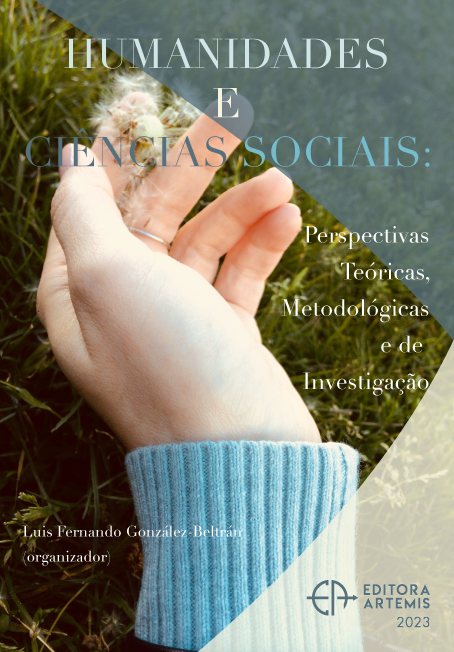
A BIBLIOTECA ESCOLAR COMO FONTE DE INFORMAÇÃO PARA LEITURA E FORMAÇÃO DE LEITORES: ABORDAGEM SOBRE FONTES DE INFORMAÇÃO
Estudo sobre biblioteca escolar como fonte de informação. Objetiva descrever o papel da biblioteca escolar e o uso das fontes de informação, levando em consideração os recursos informacionais para o incentivo a leitura. Tipifica a biblioteca como uma disseminadora da informação destinada a atender as necessidades informacionais e culturais a todos os membros que fazem parte da instituição. Aponta os professores e os bibliotecários como mediadores de leitura capazes de desenvolver o incentivo a leitura e a formação de leitores capazes de tornar o ambiente dinamizado e com fontes de informação de acordo com o usuário. Considera os programas de leitura desenvolvidos nas bibliotecas como instrumentos informacionais, que levam o público infanto-juvenil a obterem desde cedo o hábito a leitura com recursos informacionais de acordo com as faixas etárias. Comenta que os livros didáticos estão sendo pouco utilizados pelas crianças, elas utilizam os livros de histórias e outras leem com o professor, outras escrevem histórias nos seus diários. Analisa que a fonte de informação que compõe o acervo da biblioteca escolar deve estar de acordo com as faixas etárias dos alunos e de acordo com o planejamento pedagógico da escola. Caracteriza as fontes de informação não apenas como livros, enciclopédias e dicionários, mas como qualquer instrumento que leve informação a quem necessite, podendo ser: pessoa, instituição etc. Conclui que as fontes de informação na biblioteca escolar são utilizadas não apenas para pesquisa dos alunos, mas também para incentivar e criar o hábito da leitura.
A BIBLIOTECA ESCOLAR COMO FONTE DE INFORMAÇÃO PARA LEITURA E FORMAÇÃO DE LEITORES: ABORDAGEM SOBRE FONTES DE INFORMAÇÃO
-
DOI: 10.37572/EdArt_2907238978
-
Palavras-chave: Biblioteca Escolar. Leitura.Formação de Leitores. Fontes de Informação
-
Keywords: School Library. Reading. Training of Readers.Information sources. .
-
Abstract:
Study of the school library as a source of information, aimed at describing the role of the school library and the use of information, considering informational resources to encourage reading. It typifies the library as a disseminator of information designed to meet the informational and cultural needs of all members of the institution, and teachers and librarians as reading mediators, capable of developing the incentive to read and making the environment dynamic with sources of information according to the user. It considers the reading programs developed in school libraries as an informational tool that leads the children and youth public to develop reading habits with informational resources according to the age groups. Textbooks are being used less by children, who read more story books and books their teachers read to them or write stories in their journals. The study also analyzes the sources of information that compose the collection of the school library, which must be according to age groups and according to the pedagogical planning of the school. It characterizes the sources of information not only as books, encyclopedias, and dictionaries, but as any instrument that brings information to those who need it, which can be person, institution etc. It concludes that the sources of information in the school libraries are used not only for student research, but also to encourage and create the reading habit.
-
Número de páginas: 9
- Jurai Borges Carvalho

